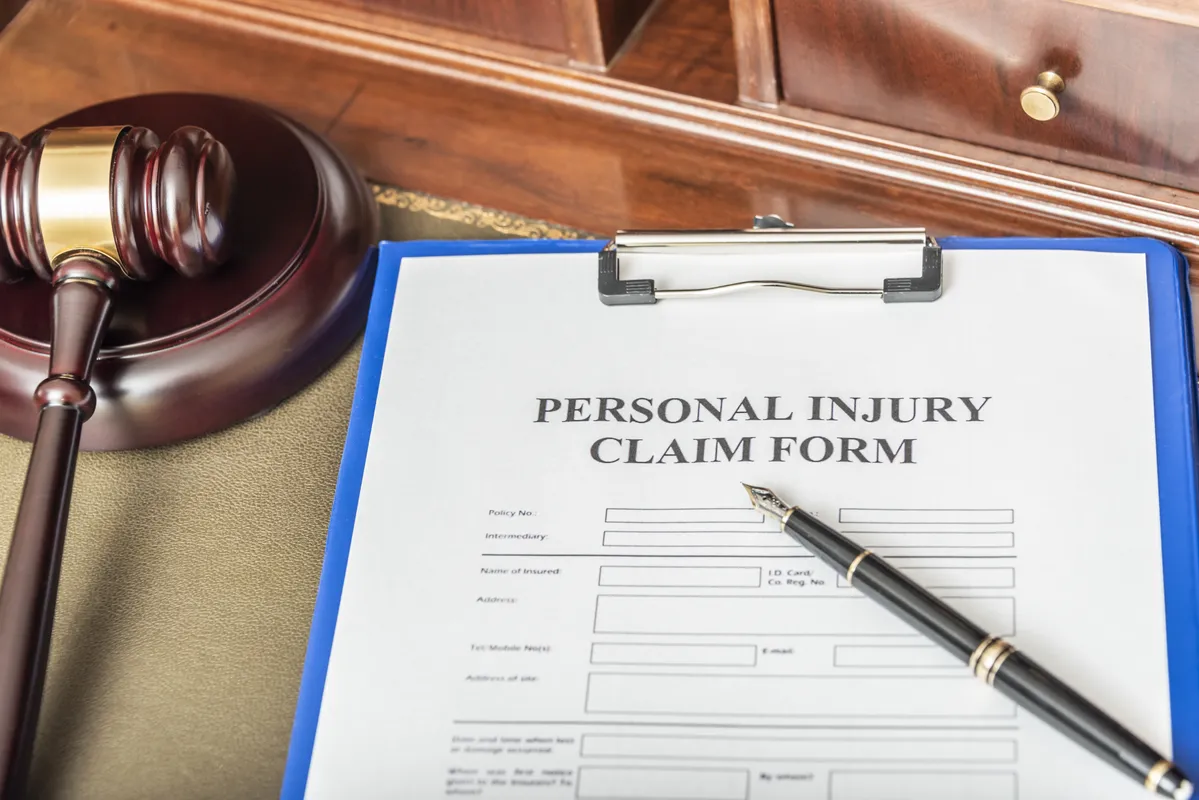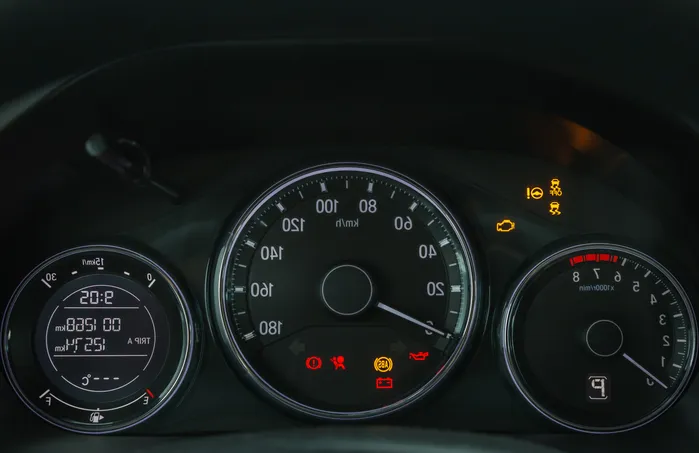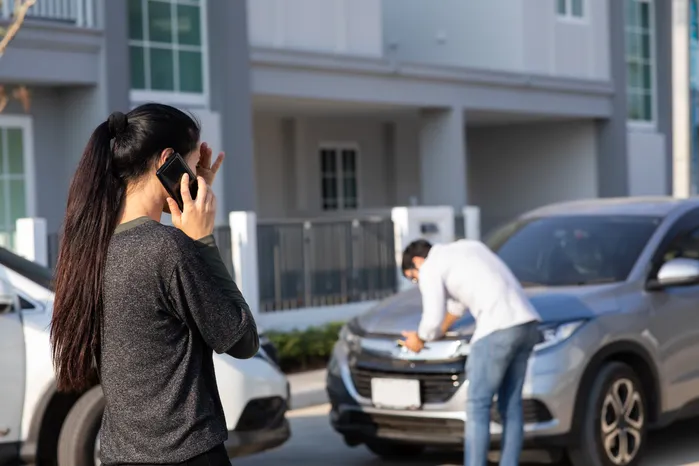4 min read time
Table of Contents

What Is Strict Liability in a Personal Injury Claim
Strict liability is a legal doctrine that holds parties liable for damages and injuries without requiring proof of fault or intent.
Strict liability is most common in mass tort law and applies to scenarios like defective products and abnormally dangerous activities, where the defendant's actions don't determine liability and only proof of injury from a defect or dangerous activity is required.
Legal Basis of Strict Liability
Under strict liability laws, you don't need to prove negligence; just that an injury occurred and the defendant was involved. Strict liability protects consumers in product liability cases by shifting the burden from proving fault to demonstrating a direct link between the defect and personal injuries.
Common Industries Subject to Strict Liability
Strict liability law is commonly seen in industries such as construction, product manufacturing, and healthcare.
For example, manufacturers can face a strict liability claim if they produce a defective product or part that harms users. Similarly, property owners may be held strictly liable for injuries caused by dangerous conditions on their land. This principle ensures accountability without proving fault or intent, allowing victims to recover compensation.
What is Negligence in Personal Injury Cases
Negligence refers to the failure to use reasonable care, resulting in harm or injury to another person.
A majority of injury claims are negligence-based, with the most common being:
- Motor vehicle accidents
- Medical malpractice cases
- Slip and fall accidents
- Wrongful death claims
Proving negligence involves demonstrating that a defendant owed you a duty of care, which they then breached through negligence, resulting in injuries and damages.
Proving a Negligence-Based Personal Injury Case
Proving negligence-based personal injury cases involves demonstrating four main points: duty, breach of duty, causation, and damages.
You need to show that the defendant owed a duty of care to you, breached this duty, directly link the defendant's breach to your damages, and prove the damages you suffered, through key evidence, such as medical records and lost wage statements.
Duty of Care in Negligence Cases
Duty of care in personal injury law means you have a responsibility to exercise a level of care to prevent harm to others. If someone doesn't follow this duty and it leads to injury or damage to another person, they can be held liable for negligence and the resulting damages.
Breach of Duty in Negligence Claims
To prove a breach of duty in a personal injury case, you need to show that the defendant failed to exercise a level of care. This means they either performed an action that should not have been done, such as driving distracted, or failed to do something that should have been done, such as placing wet floor signs around a slippery spot.
Differences Between Strict Liability Cases and Negligence Cases
Understanding strict liability versus negligence is crucial for understanding the legal strategy in personal injury claims.
In short, strict liability holds a party responsible without proving fault or intent, while negligence requires showing the defendant breached a duty of care owed to you.
Liability Standards Compared
In strict liability, you don't need to show the defendant was at fault or careless. Instead, the focus is on whether an abnormally dangerous activity or a dangerous defective product caused your injuries and damages.
In a negligence claim, you are required to prove that the defendant failed to exercise reasonable care to prevent injuries and damages to others.
This difference between strict liability and negligence affects how compensation is determined and pursued by personal injury attorneys.
Intent in Strict Liability vs. Negligence
In strict liability lawsuits, intent does not matter; you just need to show that the defective product was defective or the activity was dangerous. In negligence cases, proving the fault party's intent is vital to showing they breached their duty of care by acting unreasonably.
Elements Required to Prove Negligence
To prove negligence in a legal claim, you must show that the defendant owed you a duty of care, breached this duty through action or inaction, the breach directly caused your personal injury, and you suffered damages, such as lost wages and emotional distress, due to these injuries.
#1 Establishing Duty of Care
To prove negligence, you need to show that the defendant owed a duty of care to you.
This means they were expected to act reasonably to prevent harm. For example, in cases like a car accident, drivers owe a duty of care to other drivers and pedestrians to follow traffic laws and exercise caution to avoid accidents.
#2 Demonstrating Breach of Duty
Once a duty of care has been established, you must prove that the defendant breached that duty.
To show breach of duty, you need to prove that the defendant did not act with reasonable care to prevent harm, such as if a driver was distracted while driving in the case of a car accident, or if a doctor failed to manage the dosage of a patient in the case of a medical malpractice claim.
#3 Proving Causation and Damages
To recover a financial settlement for a negligence case, you must show that the defendant's actions directly led to your personal injury. You also need to prove that these injuries caused specific damages, like medical bills, lost income, and property damage.
Why a Personal Injury Attorney Is Important in Both Negligence Claims and Strict Liability Claims
Whether you're filing a negligence or strict liability lawsuit, it's crucial to seek help from an experienced personal injury lawyer. Even if the defendant caused you damages, they would fight to minimize the payout against them.
To recover compensation for your damages and prevent your legal rights from being violated, schedule a free case evaluation with a Las Vegas personal injury lawyer from the Rodney Okano Car Accident Lawyer Law Firm by calling (702) 566-3600.
Obtain the Compensation You're Entitled To
Contact Us Today
Rodney Okano Car Accident Lawyer is a Las Vegas personal injury law firm with over 20 years of experience helping clients obtain maximum compensation following injuries from accidents such as car crashes, worksite injuries, and slips and falls. Over those years, The Rodney Okano Car Accident Lawyer Law Firm has become an experienced law firm that can ensure exceptional results for any of its clients.






